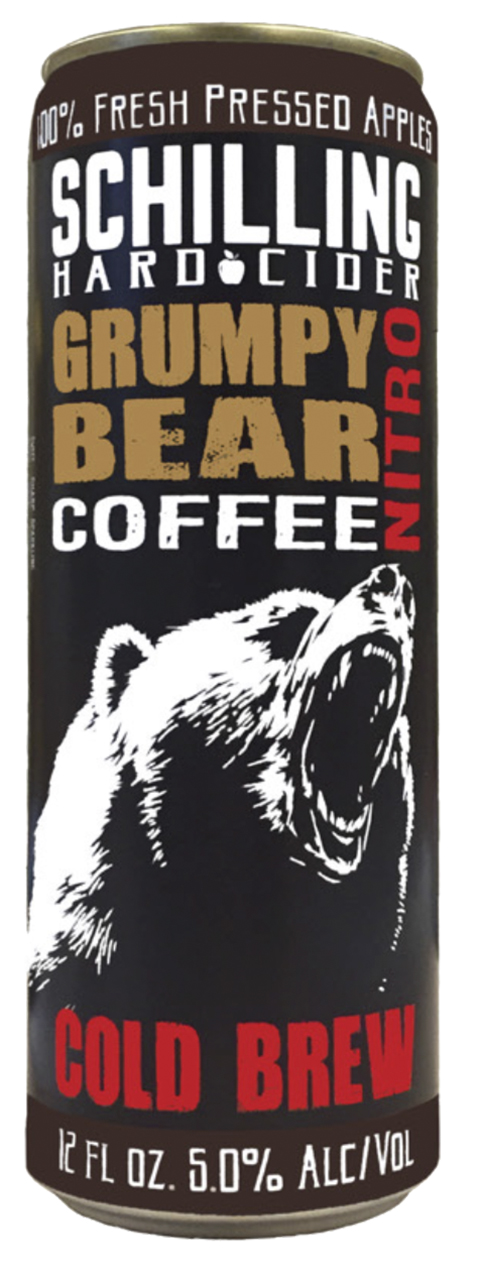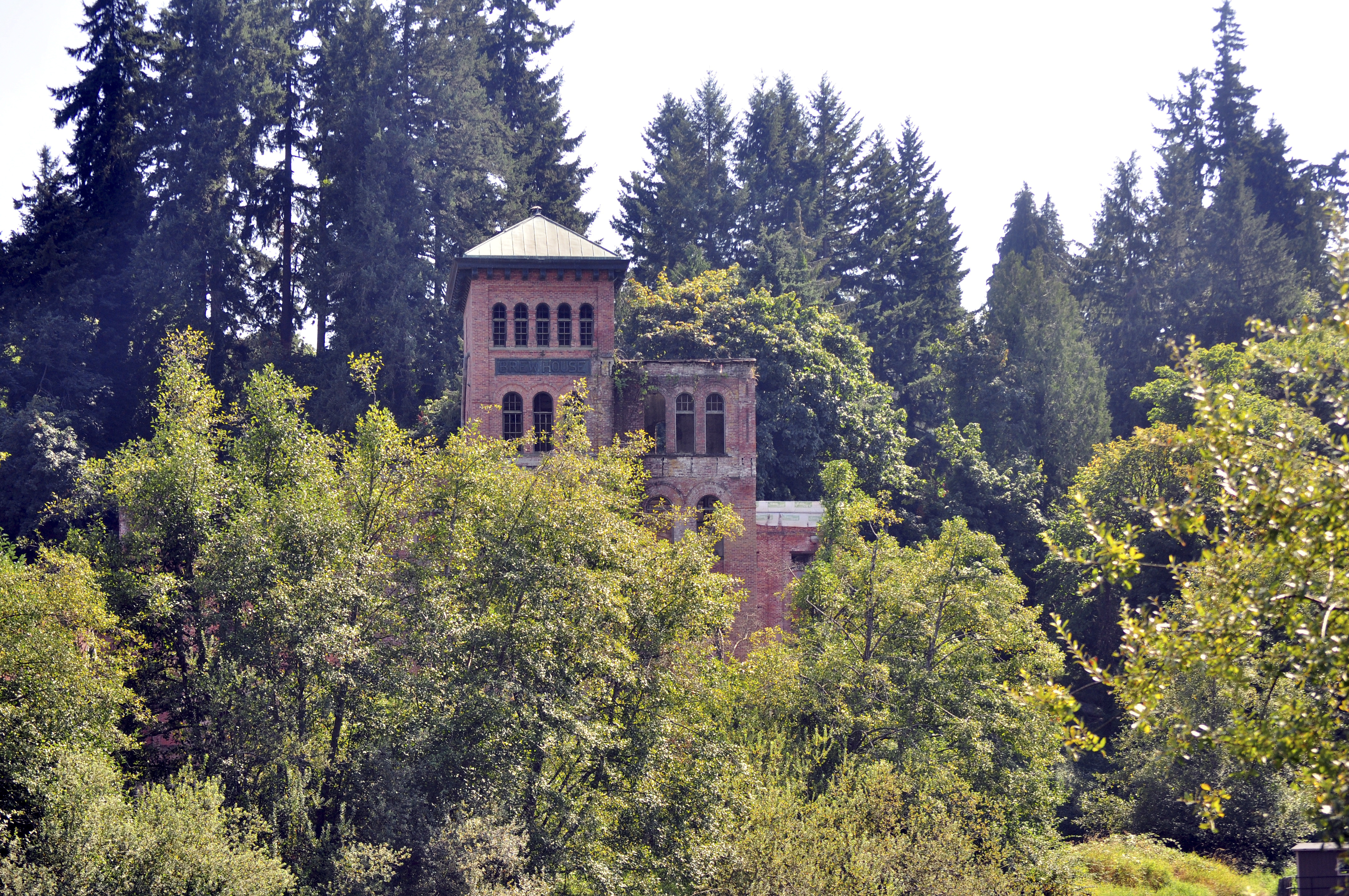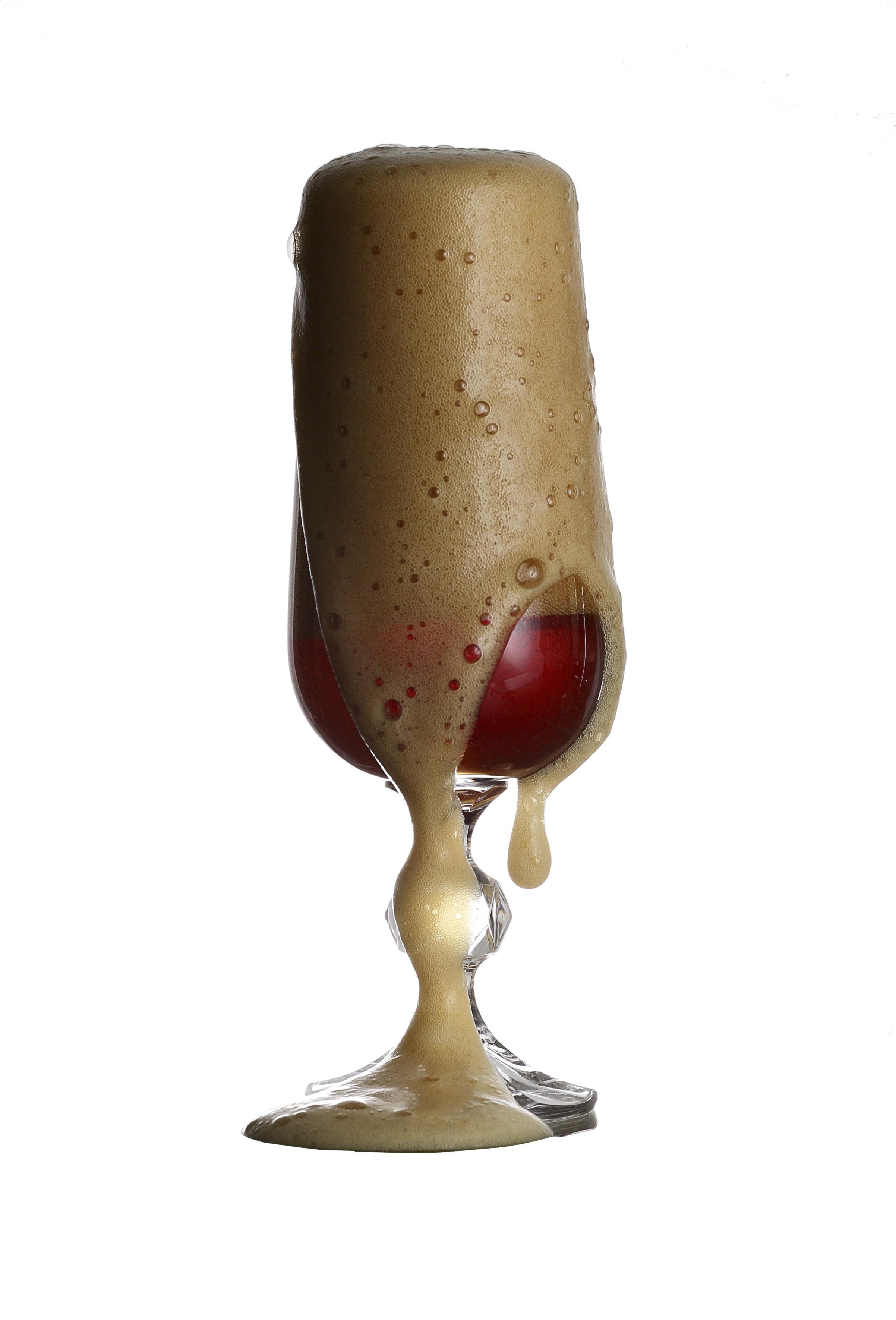Known best for his work foraging—his book The Mushroom Hunters won the 2014 Pacific Northwest Book Award and was an Amazon “Best of the Year” pick—Langdon Cook is working on a new book on the culture of wild salmon. Forthcoming from Ballantine Books next fall, it covers the commercial and tribal fishermen who hunt them, recreational anglers, chefs, backyard barbecuers, scientists, environmental activists, and more.
“Like my other work,” Cook says, “it’s about the intersection of food and nature—but really, it’s about people, and I’ve enjoyed meeting a lot of different people, all of them bound by a love of salmon.” Right in the thick of his research, he took time to talk about the dangers of overfishing, how salmon contributed to our old-growth forests, the return of the legendary 100-pound king, and the best way to enjoy a meal featuring the famous fish of the Pacific Northwest.
SW:
What are the similarities between foraging mushrooms and catching wild salmon?Cook: I’m drawn to the subcultures that surround both. Fishermen and mushroom hunters are birds of a feather—they have a tendency to be cagey, to relish the “treasure hunt.” They whisper of secret spots and honey holes. Don’t trust either a fisherman or a mushroom hunter. They’re tellers of big tales. But to their credit, both are optimistic.
Heard any “big fish” stories lately that you couldn’t corroborate?Fishermen love the “big fish” story. It’s part of the mystique. There’s always the hope that a big one is lurking unseen below, ready to make a mistake. . . . Speaking of big fish, I sure would like to see the return of those legendary hundred-pound kings to the Elwha River. A lot of us are watching that grand experiment with interest. The largest dam-removal project in U.S. history is already yielding fruit as salmon begin to recolonize pristine habitat upstream of the former impoundments. It’s an exciting time to be a fan of wild salmon, and hopefully the beginning of a more enlightened approach to managing our river ecosystems. Wouldn’t it be nice to look back on the Elwha as a turning point?
Could you recommend one or two wild-salmon dishes?Salmon doesn’t play well with others. You don’t see it very often as part of a composed dish, the way you would with a white fish like halibut or cod. The key with salmon is not overcooking it; you want it tender and moist inside, but not raw like sushi.
These days a lot of cooks are slow-cooking salmon in the oven or using sous-vide methods. If I’m grilling it, which is probably the most popular way to cook salmon at home, I’ll often give it a spice rub. With fillets that have spent a wee bit too much time in the freezer, I make a spicy Asian marinade with soy sauce, sesame oil, and hot oil that seems to wake the fish up before it hits the grill.
Are you more of a smoked-salmon eater or a bagel-and-lox guy?I happen to have a batch of Oregon chinook in my smoker right now. I love smoking salmon. Get a six-pack, make a fire, throw some wet wood on like apple or cherry or alder, and take a seat in a lawn chair, poking the coals every so often. This batch will be smoked-salmon candy. I brined it overnight in a 1:4 ratio of salt to brown sugar, and now it’s taking an applewood smoke at about 125 degrees, with a glaze of Grand Marnier, maple syrup, and brown sugar, which I’m brushing on every hour or so. That said, I love a bagel with a smear of cream cheese and some lox!
What important scientific facts about salmon, or fish at large, did you learn in your research that we should know?There’s too much to even know where to start, so here’s a little tidbit: Our beautiful old-growth forests in the Pacific Northwest have literally grown on the backs of dead salmon. When salmon recolonized our region after the last Ice Age, they brought necessary ocean isotopes—like nitrogen—to a barren land. Salmon are the great all-natural fertilizers. When you start messing with that process—building dams and so on—you’re interrupting a process that has been perfected over millennia.
What is the one thing you want readers to come away knowing about wild salmon?Hah—good question. It’s more like what I want the reader to come away feeling. I want them to feel love for and connectedness to these totem animals. This is salmon country. Entire civilizations have formed around the salmon, dating back at least 10,000 years. We should be honoring that relationship.
Are wild salmon are in danger of being overfished?Short answer: Yes. Any wild fish you see in the fish market is in danger of being overfished. That’s why we have regulations and science and all the various checks built into the system. We also need to start valuing other species besides the marquee ones like kings and sockeye. This summer could be the summer of pinks. There are a number of commercial fishermen and restaurateurs trying to bring the lowly pink, the smallest and least appreciated of our Pacific salmon, to the public’s attention. We’ll see.
Do you ever feel like you’re working upstream with all your writing?Writing is hard. Maybe not as hard as fighting against the current for hundreds of miles and losing half your body mass in the process, but sometimes it feels like that. At the same time, I’m thankful every day that I have this opportunity to do it for a living, or sort of a living; besides the books and magazine articles, I’m also teaching wild foods and foraging classes, plus the occasional writing workshop. I’ve had a chance to travel to some magical places in the course of my work, from Alaska to California to Idaho and beyond, and meet people with great stories to tell. I feel very fortunate.
What is the most beautiful place you traveled to in the research of this book?I can’t pick one. Here’s a sampling: Cordova, Alaska. Lummi Island, Washington. Redfish Lake, Idaho. Kispiox, B.C.
Why does the intersection of food and nature inspire you so? How do people come into play?I’ve always been a nature boy, since I was little. Food came later, although my parents will tell you I always had a big, sometimes extravagant appetite. It happens that the people I enjoy being around live at this intersection of food and nature, and I discovered they had good stories to tell about the foraging and fishing life. Wild foods are charismatic and fun to write about, but ultimately it’s about the human dimension.
What is it about the Pacific Northwest that drives you?We’re a mobile society. It’s part of the American mythology to go looking for the place where you belong. I was lucky enough to find it early on when I landed, somewhat through happenstance, in Seattle in my early 20s. It took a year or two before I realized I’d found my home.










